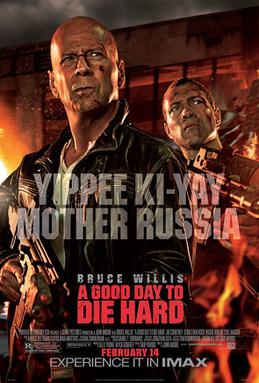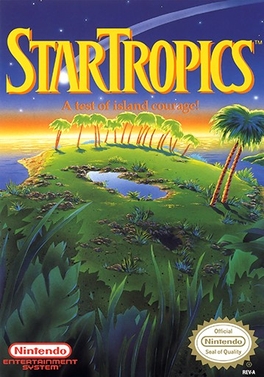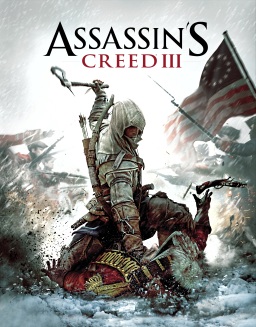Another entry in a series of games where you get to relive bits of history through the lives of one secret organization (the Assassins) trying to stop another (the Templars) from taking control. The III in
Assassin's Creed III is more to indicate this is the third different era you are visiting rather than it being the third game in the series (much like how there are way more Kingdom Hearts games then the roman numerals would suggest).
Up until this game, I felt that every previous entry in the series improved on its predecessors in every single aspect. Although this one definitely had some improvements and some awesome new gameplay mechanics, it also felt like a step back in many respects. Most striking to me as a collector is that they made collecting everything almost as much a pain as it was in the original Assassin's Creed.
In every Assassin's Creed game, there are viewpoints (a.k.a. really tall buildings) you can climb to reveal large portions of each map. In all the previous games, if you visit all the viewpoints, you reveal the entire map. If you want to explore it on your own, you just don't climb the viewpoints. In this one, the viewpoints only reveal about half of each map, meaning that you are required to wandering aimlessly through the unmapped regions to find out where stuff is. This wouldn't be so bad except only the smallest portion of the map around the player gets revealed as he wanders around. Also, collectables' icons don't consistently appear on the map when you reveal the area around it. Some of them inexplicably require you to walk right up to the collectible for its icon to appear on the map, but by that point you already know where it is since it's right in front of you so there is no need for the icon at all. I guess they were trying to encourage more players to explore freely (since that can be fun), but they chose a very poor way to force every player to do so. If a player wants to explore and uncover the map on their own, let them, but give the rest of us viewpoints to reveal it all.
Aside from that major downside and a number of relatively minor bugs (crowds disappearing right in front of you, one group of guards that will always get mad at you if you walk in front of them, and very poor lip syncing), there is a lot of good to this game. Firstly, there is a
lot to do in the game. Naval missions (so much potential for its own game), hunting, cowboy checkers, bowls, courier missions, assassin missions, colony liberation, treasure hunts, building a town up out of a large plot of land and an old run-down manor, and on and on. I clocked in just under 40 hours in the game when all was said and done and I try to be as quick and efficient with my time as possible (except for those first 3+ hours trying to beat the computer at Nine Man's Morris). As always, the story in the game is top notch with a twist early on that caught me off guard (mostly because once I've decided I'm going to play a game, I refuse to read anything about it until I've beaten it). I also feel like I understand the Revolutionary War and what led up to it a little better than I did from History class (to be fair that was my worst subject) even though I know there wasn't a grand conspiracy behind the whole thing...or was there?
As with Mass Effect 3, I can't recommend this game to someone new to the series (in this case I'm torn between saying start with the first or the second one) and if you have played the previous ones, then you're probably already planning on buying this or have already beaten it by this point. This series is definitely one worth checking out if you're a fan of conspiracy stories, secret societies, and alternate history. Or if you like messing with
dumb guards.
.jpg)





